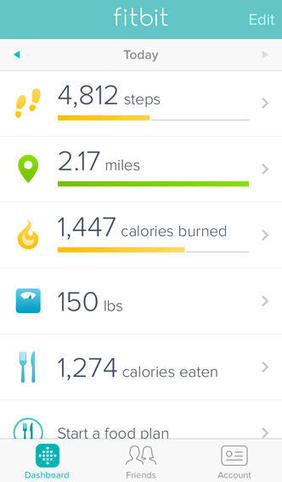Dr. Apple Takes First Steps Into the Trillion-Dollar Health Sector
12/09/2014Health researchers see unique opportunity in self-tracker data
12/09/2014Health researchers see unique opportunity in self-tracker data
As the number of self-tracking health and fitness tools available to consumers continues to climb, a persistent question has been whether the data they collect might be useful to health researchers. Along with that: Are people who self-track comfortable sharing their data with researchers?
A new, must-read report from San Diego’s California Institute for Telecommunications and Information Technology (Calit2), funded by the Robert Wood Johnson Foundation, explores these and other questions.
Based on a survey with hundreds of self-trackers, a majority — 57 percent — said one critical assurance they would need before agreeing to make their self-tracked, personal health data available to researchers was that their privacy would be protected. More than 90 percent also said it was important that their data remained anonymous. Respondents said they’d be more comfortable sharing data if they knew it was only going to be used for “public good” research.
One open-ended survey that the report’s researchers posed to self-trackers found that 13 percent of respondents specifically mentioned an aversion to commercial or profit-making use of their data, according to the report. One respondent wrote: “It depends who gets it. Research using these data will be instrumental in the future of personal predictive services, but also for that reason are likely to be exploited by marketers and the politically short-sighted. Thus I would like transparency for who has access to my data.”
Among the almost 100 health researchers interviewed for the report, 46 percent said that they had already used self-tracking data in their research previously. Some 23 percent reported that they had already worked with digital health companies that offer apps or devices to consumers to track their health.
Overall, the researchers interviewed for the report were “generally enthusiastic” about the prospect of using self-tracking data in the future — 89 percent agreed or strongly agreed that such data would prove useful to their research efforts. Almost all of those researchers surveyed said that kind of data could answer questions that other data could not.
more at http://mobihealthnews.com/30979/health-researchers-see-unique-opportunity-in-self-tracker-data/
Source: mobihealthnews.com




